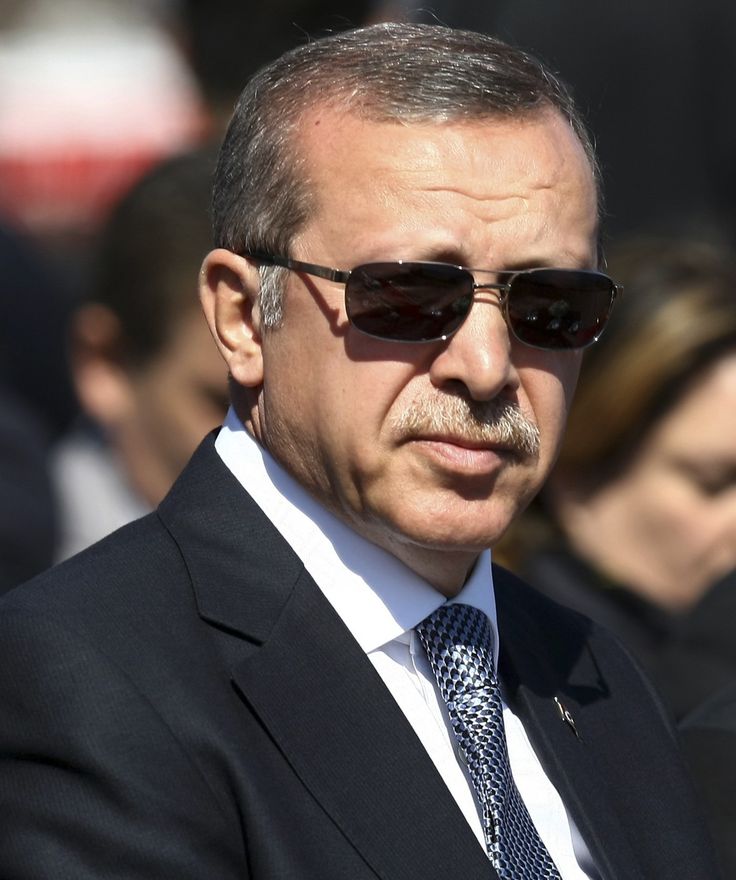In a swift and resolute response to a recent bombing in the capital city of Ankara, Turkey has launched air strikes on militant targets in northern Iraq and conducted raids that led to the detention of suspects in Istanbul. These actions come in the wake of a bombing near government buildings in Ankara, marking the first such attack in years and claiming the lives of the two attackers while injuring two police officers. The outlawed Kurdistan Workers Party (PKK) claimed responsibility for the attack, prompting Turkey to take decisive measures.
The Turkish defense ministry reported that a significant number of militants, often euphemistically referred to as “neutralized” (indicating that they were killed), were targeted in air strikes that resulted in the destruction of 20 key locations. These targets included caves, shelters, and depots used by the PKK across various regions in Iraq, including Metina, Hakurk, Qandil, and Gara.
These military actions align with Turkey’s escalated efforts to combat the PKK within northern Iraq, citing self-defense rights in accordance with Article 51 of the United Nations charter. The PKK, recognized as a terrorist organization by Turkey, the United States, and the European Union, has been involved in an insurgency in southeastern Turkey since 1984, resulting in the loss of over 40,000 lives throughout the conflict.
The bombing in Ankara on Sunday targeted the vicinity of government institutions, with CCTV footage revealing a vehicle stopping near the interior ministry’s main gate before one of its occupants proceeded towards the building, ultimately leading to an explosion. The blast, which occurred as the assembly reopened, resulted in the death of one attacker, while security forces neutralized the other.
The interior minister confirmed that the attackers had hijacked the vehicle in Kayseri, a city located 260 km (161 miles) southeast of Ankara, and had killed the driver.
Explosives, grenades, a rocket launcher, and various firearms were seized at the scene. One of the attackers was identified as a PKK member, while efforts to ascertain the identity of the other individual were ongoing.
In response to the Ankara bombing, Turkey swiftly initiated counter-terrorism measures. Counter-terrorism police conducted a series of raids that led to the detention of 20 individuals suspected of having links to the PKK. Among those detained were a provincial Kurdish spokesperson and district leaders of a prominent pro-Kurdish political party. These individuals are suspected of aiding and sheltering PKK members, as per a statement by Interior Minister Ali Yerlikaya. The ANF News website, associated with the PKK, cited a statement by the militant group’s Immortals Battalion unit, claiming responsibility for the attack.
The Ankara bombing marks a significant incident in the capital city, the first since 2016 when a series of attacks in Turkish cities were attributed to Kurdish militants, Islamic State, and other extremist groups.
In recent years, Turkey’s armed forces have conducted large-scale military operations in northern Iraq and northern Syria against Kurdish militants.
President Tayyip Erdogan affirmed Turkey’s commitment to maintaining a “security strip” extending 30 kilometers (19 miles) beyond its southern borders with Syria and Iraq. He indicated that “new steps” in this regard were imminent.
Regarding the possibility of a large-scale cross-border operation into Syria, Defence Minister Yasar Guler clarified that the president’s remarks did not introduce any “new” developments.


